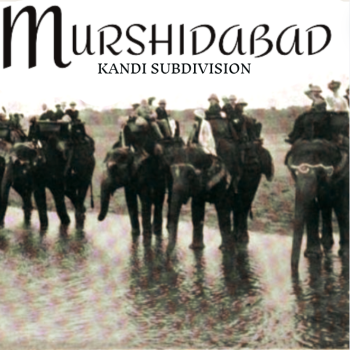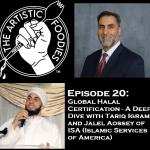 |
|
Ours is the red one
|
As declarations of independence go, it was one of the quieter ones. Nearly ten years after a coalition of countries headed by NATO (itself headed by the US) drove out the forces of then-Yugoslav President Slobodan Milosevic, the Balkan region of Kosovo declared itself a sovereign nation. Though geographic independence from the former Yugoslavia is, of course, not without precedent (Kosovo is the seventh such region), it is struggling for recognition in a diplomatic dance that echoes the heart of the Cold War.
With all the fear of Muslims in Europe these days, it’s still a surprise to many that Islam predates Protestant Christiantity here by generations, starting with the Ottoman conquest in 1455. Though Bosnia was a conflict aggravated by the ethnic cleansing of Muslims (the term was born there), Bosnia remains a multi-ethnic state. But over 90% of Kosovars are Muslims of Albanian descent. Albania, to the south, is virtually ignored by Europe. Kosovo, on the other hand, is a product of a Western intervention that, incidentally, was never driven by oil or resources.
As such, anomalies abound. The embassy burners now are Serbian nationalists, while young Kosovars seem to wave as many European and American flags as their own – a gesture of thanks to the multinational forces that have protected Kosovo since liberating them in the late 1990s. The Islam here appears even more secular than Turkey, with pubs seemingly rivaling mosques in numbers.
The Serb anger stems from historic ties to the Kosovan region which, to be fair, predates both Islam and Protestant Christianity. But the 4% population of Serbs remaining in Kosovo can’t impose an identity on the region, any more than Dutch settlers could continue to dominate South Africa during the years of apartheid. And after Milosevic’s relentless brutality, their last claims to the region vanished.
Globally, Kosovo has become a convenient proxy for post-Cold War sabre rattling. Though the Russians have long Slavic ties with Serbia, it doesn’t hurt that there are scores to settle and nationalisms to stoke. From a legal point of view, there are strong arguments the Serbs and Russians make for denying independence. But without military or economic leverage to bear (not to mention Kosovo’s military and economic backing from the US, Germany, Britain, and France), the Kosovars will be left to enjoy their freedom without the recognition of some.
Indeed, it is the issue of recognition that shows the awkward position Kosovo finds itself in. Notable countries have not recognised the new state due to the precedent Kosovo sets for independence movements in their own lands – Russia (from Chechnya), Spain (from Basque separatists), China (from Taiwan), and so forth. Even though many Muslim countries have reached out to Kosovo, others, such as Indonesia, with its restless Aceh province, have yet to recognise it. Even nearby Bosnia has passed on it in order to spare itself a political headache. As of now, the young nation has a roughly equal number of supporters and opponents, with the UN split and the EU deferring comment.
For those Muslim countries that may bristle at Kosovar spiritual practice (or apparent lack of it), it is important to know that Kosovars have suffered enormously for their Muslim identity. Despite their moderate temperament, many still fear that Kosovo will become an al Qaeda beachhead – a threat that means little with the real homegrown concerns brewing in Germany, France, and Britain.
But those tensions among Muslims in Europe, along with any associated terrorist threat, are born far more of politics, socio-economic factors, and culture clashes than religion. Kosovo and its people are intrinsically and unashamedly European. Even in the dark years of the late 1990s, Kosovars did not adopt the jihadist tactics that are now too common in areas of Muslim conflict elsewhere in the world. And unlike them, they are now being rewarded with freedom.
For now, Kosovars are looking to assert their new identity through diplomacy, sport, and anything else they can think of. The country still has enormous challenges ahead – unemployment is high, foreign investment is lacking, and power is erratic. But a declaration of independence has made the world pay attention. It may be just the kind of PR that Kosovo needs to help solve its problems.
Zahed Amanullah is associate editor of altmuslim.com. He is based in London, England.















